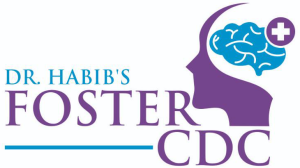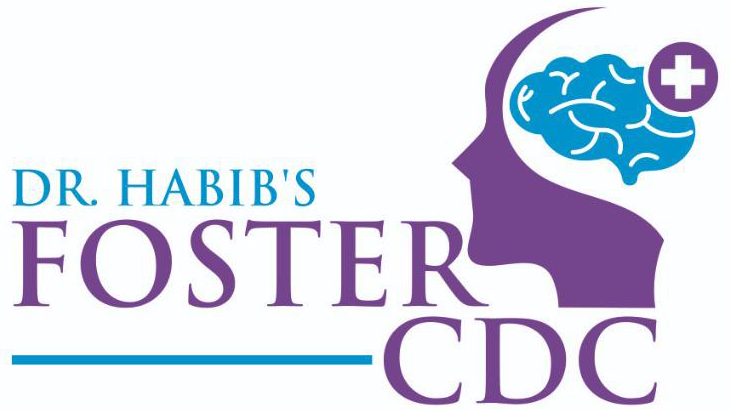Journal Pediatrics published a study conducted in China in about 2,143 children who were infected with covid-19 infections. According to this study reported by China’s Centers for Disease Control (dated 16th January to 8th February), the infection was asymptomatic, moderate or mild in about 90% of the children and only one child died.
The most important findings of the study are the following:
- Infants up to one-year age have severe or critical disease
- Younger children are at increased risk of severe infection
- Children aged one to five years also at higher risk of infection
In epidemics such as Covid-19 and influenza, infants, younger children and the elderly are at increased risk of severe illness.
What Precautions and Extra Care Parents Should Take apart from Hand and Respiratory Hygiene?
Though there are lots of information, advice, precautions and other preventive measures being taken by parents, they should take extra care:
- Be vigilant to see with whom your child is coming in contact
- Don’t give children in the custody of caregivers
- Wash hands carefully and keep children away from the sick
- Limit the number of people who hold or come in contact with your child.
- As much as possible keep your children stay at home.
- Be particularly watchful should young children get sick
When should you call your doctor or take medical help for your child?
For mild or moderate illness, don’t bring the child to a doctor. It will rather increase the risk of exposure rather than solving their problem. However, take medical care immediately in the following circumstances:
- If your child develops high fever – which is not coming down even after taking necessary first aid measures.
- The child is experiencing rapid breathing or forceful breathing
- If the child skin colour has changed to bluish or pale
- If the child has talking, eating or feeding difficulty
- If the child is unable to do regular activities due to breathing difficulties
- When the child is refusing to drink
- If the child is experiencing throat pain or irritability which is troubling him
- If the child is feeling unusual sleepiness or sleeplessness
Frequently Asked Questions about Coronavirus?
Is Coronavirus airborne or how long does coronavirus remain alive in the air?
According to the study done in Hamilton, a study done by National Institute of Allergy and Infectious Diseases’ Laboratory of Virology in the Division of Intramural Research, it was found that infectious coronaviruses can remain in the air for up to three hours (New England Journal of Medicine has published these results on 17 March 2020).
How long can the coronavirus that causes COVID-19 survives on surfaces?
Coronavirus can hangout as droplets in air for up to 3 to 4 hours prior to falling down, but the viruses fall down more quickly. Coronaviruses can survive on cardboard for up to 24 hours; on stainless steel and plastic for up to two to three days and up to 4 hours on copper. However, there is no information so far about how exposure to light, sunlight, cold or heat has on the virus survival times of the viruses.
Once Again Prevention is Better than Cure
The best possible measure that you must take to prevent yourself from being infected is to keep yourself confined to your home – no matter how important is the matter, try avoid going outside.
- Keep social distancing – as much as possible, limit contact with people outside your family.
- Maintain at least six feet or more distance between yourself and others outside your family.
- Stay away from sick people
- Frequently wash your hands with soap and water for up to 45 seconds – every time you wash
- Avoid touching your mouth, nose and eyes.
Take care of your child and call your doctor should you need medical care or advice for any specific health condition of your child.


